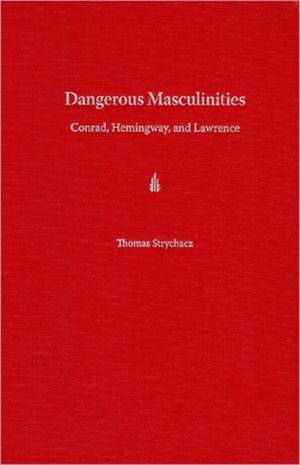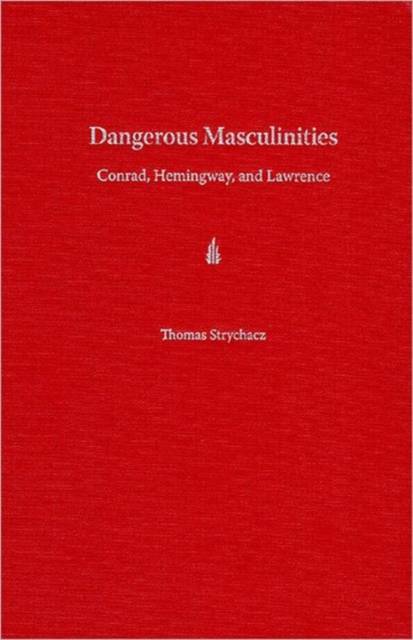
Bedankt voor het vertrouwen het afgelopen jaar! Om jou te bedanken bieden we GRATIS verzending (in België) aan op alles gedurende de hele maand januari.
- Afhalen na 1 uur in een winkel met voorraad
- In januari gratis thuislevering in België
- Ruim aanbod met 7 miljoen producten
Bedankt voor het vertrouwen het afgelopen jaar! Om jou te bedanken bieden we GRATIS verzending (in België) aan op alles gedurende de hele maand januari.
- Afhalen na 1 uur in een winkel met voorraad
- In januari gratis thuislevering in België
- Ruim aanbod met 7 miljoen producten
Zoeken
€ 83,95
+ 167 punten
Omschrijving
Focuses on the way some early twentieth-century writers portray masculinity as theatrical performance, and examines why scholars have generally overlooked that fact. This work argues that writers such as Conrad, Hemingway, and Lawrence actually represented masculinity in their works in terms of theatrical and rhetorical performances.
Specificaties
Betrokkenen
- Auteur(s):
- Uitgeverij:
Inhoud
- Aantal bladzijden:
- 352
Eigenschappen
- Productcode (EAN):
- 9780813031613
- Verschijningsdatum:
- 30/01/2008
- Uitvoering:
- Hardcover
- Afmetingen:
- 163 mm x 243 mm
- Gewicht:
- 536 g

Alleen bij Standaard Boekhandel
+ 167 punten op je klantenkaart van Standaard Boekhandel
Beoordelingen
We publiceren alleen reviews die voldoen aan de voorwaarden voor reviews. Bekijk onze voorwaarden voor reviews.









